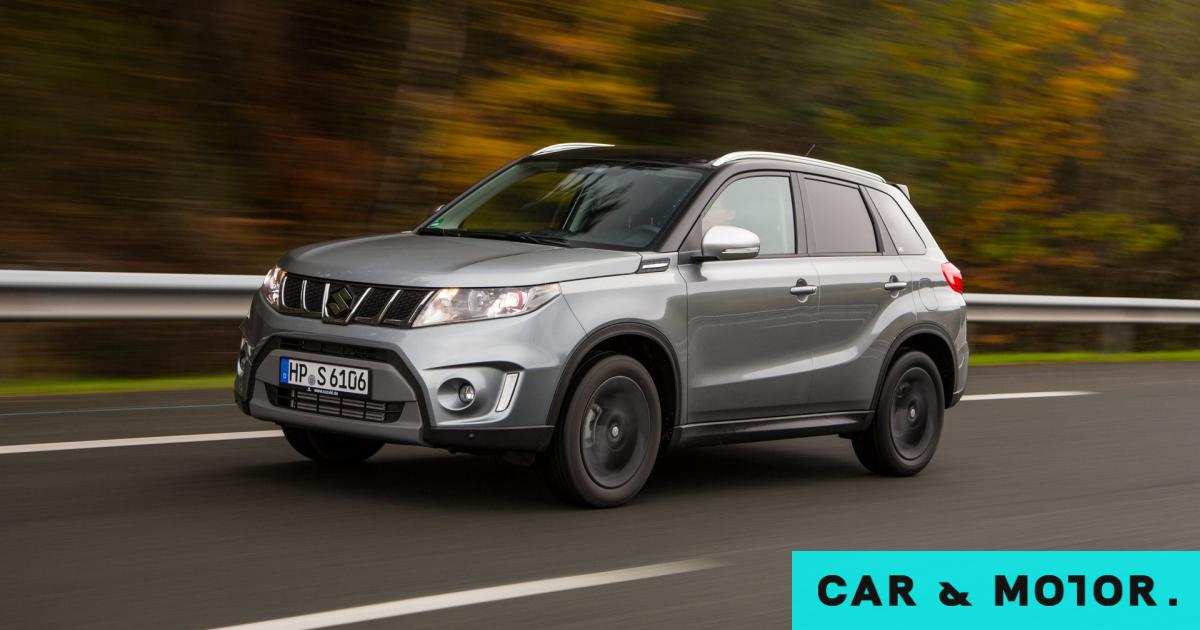
The well-known German organization TUV conducted a reliability survey on cars that have completed their sixth year of life, and among them were some surprises.
There are not a few people who think that buying a 6-7 year old car is a wiser action than going ahead with a new car. This is because, All cars in this era have depreciated in valueAs a result one can choose the car they are interested in with very good equipment, rather than getting the corresponding new car at the basic equipment level.
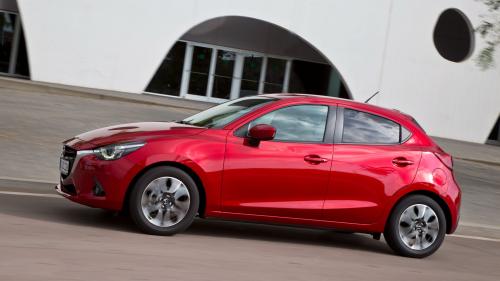
The warranty on the mechanical parts of these models usually expires, but this is not necessarily a bad thing, as it is easy to understand that they also have some advantages in the field of maintenance. In addition, Most important mechanical parts have at least a few extra years of trouble-free life. Of course, it is sufficient that the car you choose has undergone a technical inspection.
These are based on surveys Real data collected and classified by the German agency With the aim of ensuring the reliability levels of cars over time. The data, in turn, relates to thousands of copies of each model referred to in the research and reveals the percentage of damage they inflict at different time stages of their life cycle.
However, we should make some observations about this particular research. Firstly, TUV does not specify the percentage of defects and does not differentiate between cheap and expensive defectsSecondly, these are cars that are driven and maintained in Germany.
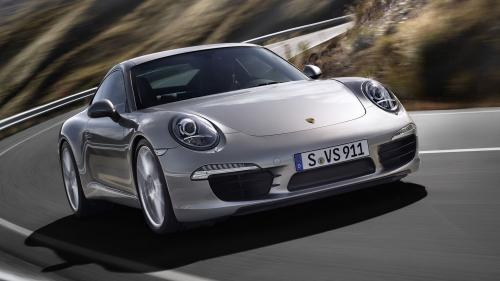
In each case, This list still serves as a useful guide to choosing a reliable carBut this does not mean that you should not conduct a careful technical inspection of the car you are interested in.
Beyond the detailed list of Top 10 reliable modelsWe will also briefly mention the models that occupy positions 10 to 20.
20. Six different models: failure rate 10.2%
Audi A3, Audi Q3, Mercedes-Benz SLK/SLC, Mercedes-Benz E-Class Coupe, Mini Countryman, Toyota Auris: Average mileage: 75,000 km
18. Volvo S60/V60: 10% failure rate
Average distance traveled: 116,000 km
18. Volvo XC60: 10% failure rate
Average mileage: 110,000 km.
17. Opel Meriva: failure rate of 9.7
Average mileage: 67,000 km.
16. Honda Civic: 9.6% failure rate
Average mileage: 87,000 km.
14. Mercedes-Benz M-Class/GLE-Class: 9.5% failure rate
Average mileage: 115,000 km.
14. Opel Mokka: breakdown rate 9.5%
Average mileage: 77,000 km.
13. Audi Q5: failure rate 9.3%
Average mileage: 110,000 km.
12. Mitsubishi ASX: 9.2% failure rate
Average mileage: 86,000 km.
10. Hyundai i20: breakdown rate 9.1%
Average mileage: 69,000 km.
10. Opel Karl: 9.1% failure rate
Average mileage: 52,000 km.
9. Mercedes-Benz A-Class: 9% failure rate
Average mileage: 82,000 km.
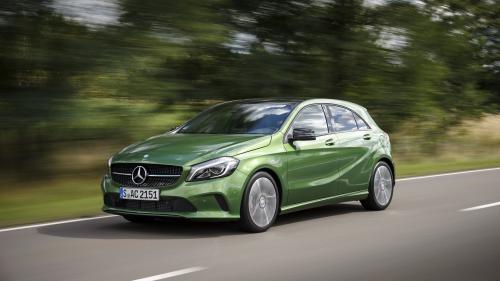
The third generation Class A is very reliable and does not show any malfunctions. The few “complaints” concern the noise from the panoramic roof, the worn fifth door handle and dim xenon headlights.
8. Suzuki SX4 S-Cross: 8.8% failure rate
Average mileage: 80,000 km.
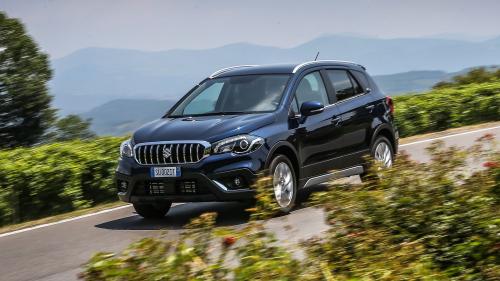
A very impressive performance for the Japanese company, which has not one but two models in TUV’s top 10 reliability list. The previous issues that plagued the 6-7 year old S-Cross appear to have been overcome, with current complaints mainly about the quality of the interior and the multimedia system.
7. Mazda2: 8.5% failure rate
Average mileage: 63,000 km.
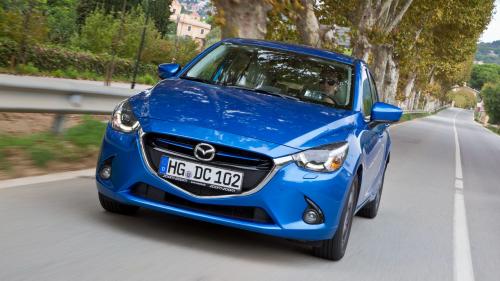
The third generation Mazda2, imported into Europe from Japan, performed very strongly. This is because the only parts that need to be checked and repaired are the steering column mounts, the driver’s airbag sensors, and the fragile front seat levers.
6. Audi TT: 8.3% failure rate
Average mileage: 77,000 km.
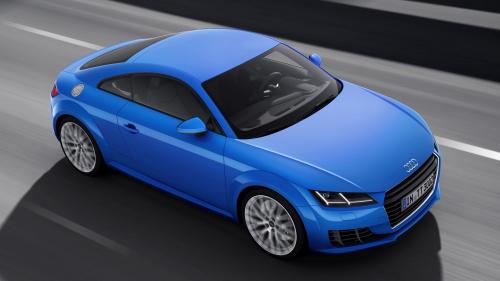
Sports cars that are driven gently and properly maintained have traditionally performed well in the TUV. The weakest point is found in the brake calipers.
5. Porsche Cayenne: 7.9% failure rate
Average mileage: 113,000 km
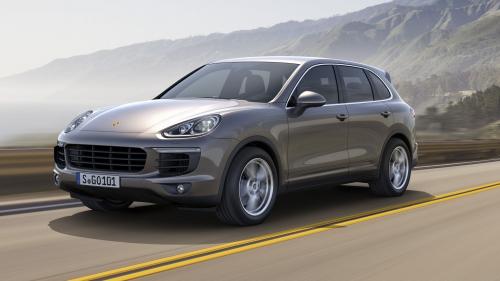
Despite the high average mileage, Porsche’s luxury SUV performed very well. Its problems are due to oil consumption, while some models may suffer damage to the air suspension system, keyless engine start system and xenon headlights.
4. Mercedes-Benz B-Class: 7.8% failure rate
Average mileage: 74,000 km
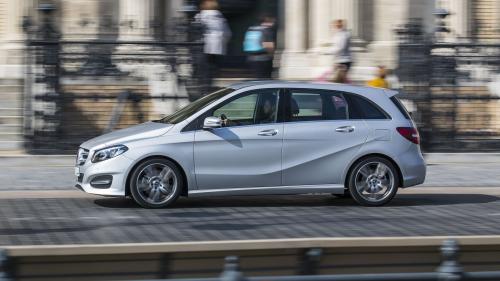
What applies to the A-Class also fully applies to the B-Class. The second generation MB hatchback performs very well across the board, with the diesel versions having no issues with the airbags, chain drive and timing.
3. Volkswagen Golf Sportvan: 7.3% failure rate
Average mileage: 72,000 km.
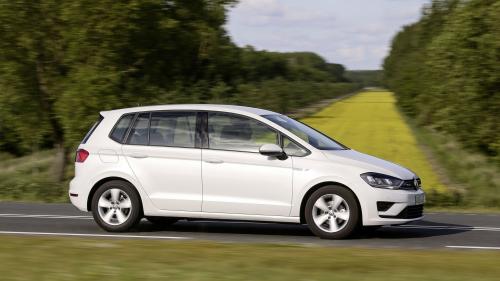
As was the case with the Golf Plus, the Golf-based Sportsvan fares even better. The only problem is the shock absorbers, and there have also been some recalls involving the rear door locks and seat belt pretensioners.
2. Suzuki Vitara: failure rate 7.2%
Average mileage: 75,000 km.
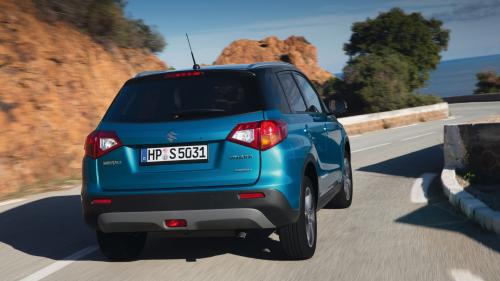
Apart from minor damage to the steering system, the fourth generation Vitara does not suffer any major damage. The only thing some cars showed was rust in the trunk, and there was also a recall to tighten the rear axle.
1. Porsche 911: 3.5% failure rate
Average mileage: 45,000 km.
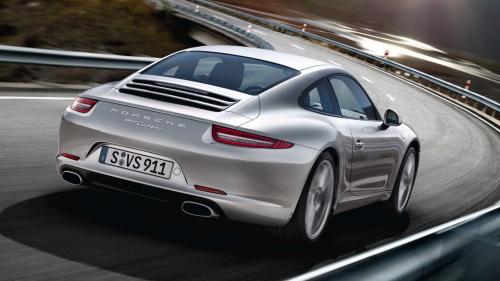
The most reliable model for 7 years is the Porsche 911. Cars manufactured around 2015 have minor damage and most of their parts are very reliable. The only complaints are the stark fabric roof of the cabrio versions and high maintenance costs.
Read also:

“Hipster-friendly coffee fanatic. Subtly charming bacon advocate. Friend of animals everywhere.”





More Stories
F-16 crashes in Ukraine – pilot dies due to his own error
Namibia plans to kill more than 700 wild animals to feed starving population
Endurance test for EU-Turkey relations and Ankara with Greece and Cyprus